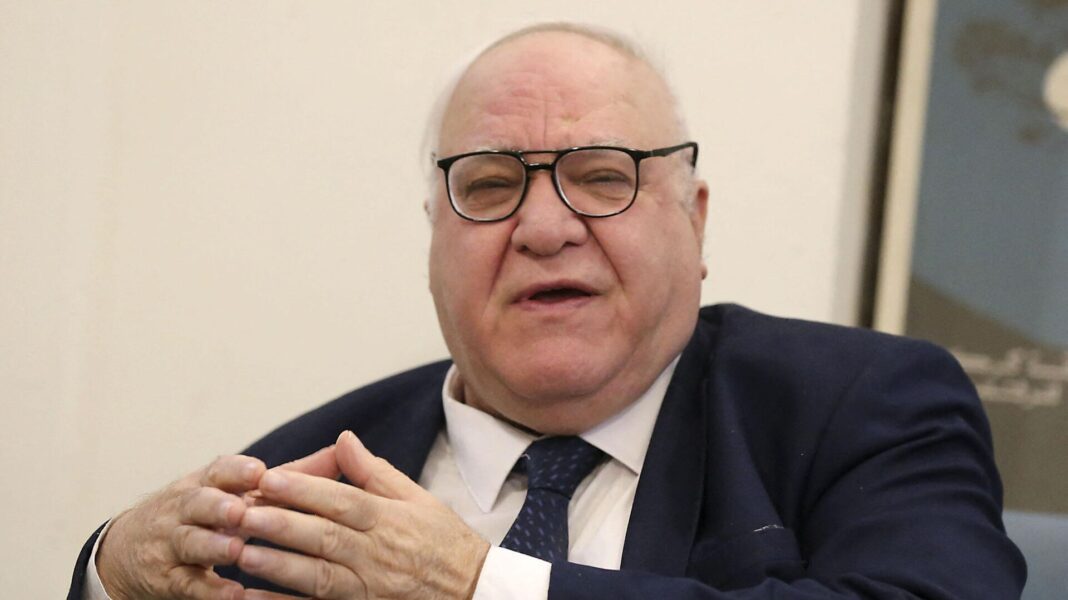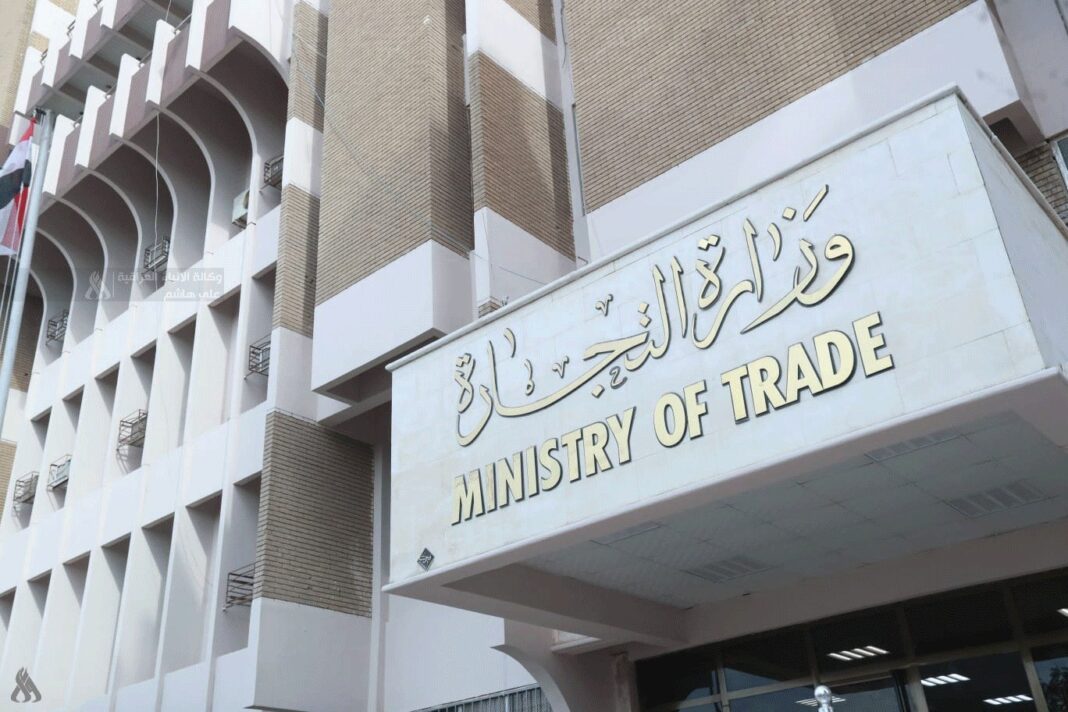Iraq achieves major success in fund recovery, according to the Prime Minister’s financial advisor, Mazhar Muhammad Saleh. He highlighted two main paths for reclaiming stolen or mismanaged assets, including corruption funds after 2003 and assets from the former regime. This key initiative strengthens Iraq’s financial accountability and boosts public confidence.
Saleh explained that the Iraq Fund Recovery Law No. 9 of 2012, amended by Law No. 7 of 2019, empowers the recovery fund to pursue illicitly transferred money. The law also rewards whistleblowers and encourages international coordination through agreements with other countries and organizations.
Additionally, Iraq signed economic and technical cooperation agreements to track and recover stolen assets abroad. These agreements allow the recovery fund to file legal cases both domestically and internationally against corruption suspects.
The fund operates under the Council of Ministers and maintains legal personality. The board includes the Integrity Commission head, the Recovery Department director, and representatives from finance, justice, trade, and oil. It also includes the Central Bank and key security agencies. This structure ensures transparent and coordinated government operations.
Procedural mechanisms include opening sealed accounts in Iraq and abroad for recovered funds. They allow installment repayments over six months and use local and international experts to support recovery efforts. Experts’ fees are determined according to their involvement.
Iraq pursues two types of funds. The first is former regime assets, handled since 2003 under UN Security Council resolutions, particularly Resolution 1483. Diplomatic channels and frozen assets contributed to Iraq’s Development Fund. The second includes post-2003 corruption funds, tracked under the UN Convention against Corruption (UNCAC), signed by Iraq under Law 35 of 2007.
Saleh noted that legal and technical challenges remain. These challenges include different evidentiary systems, secretive banks, tax havens, slow legal assistance, and difficulty tracing hidden money. Despite these obstacles, Iraq achieves major success in fund recovery, showing the strength of its legal frameworks and international partnerships.
The ongoing effort also tracks Iraqi-owned properties abroad, ensuring comprehensive oversight. Experts emphasize that combining local legal authority with international cooperation remains key to sustained recovery.
Through persistent work, Iraq achieves major success in fund recovery, setting a model for transparency, accountability, and financial justice in the region.



